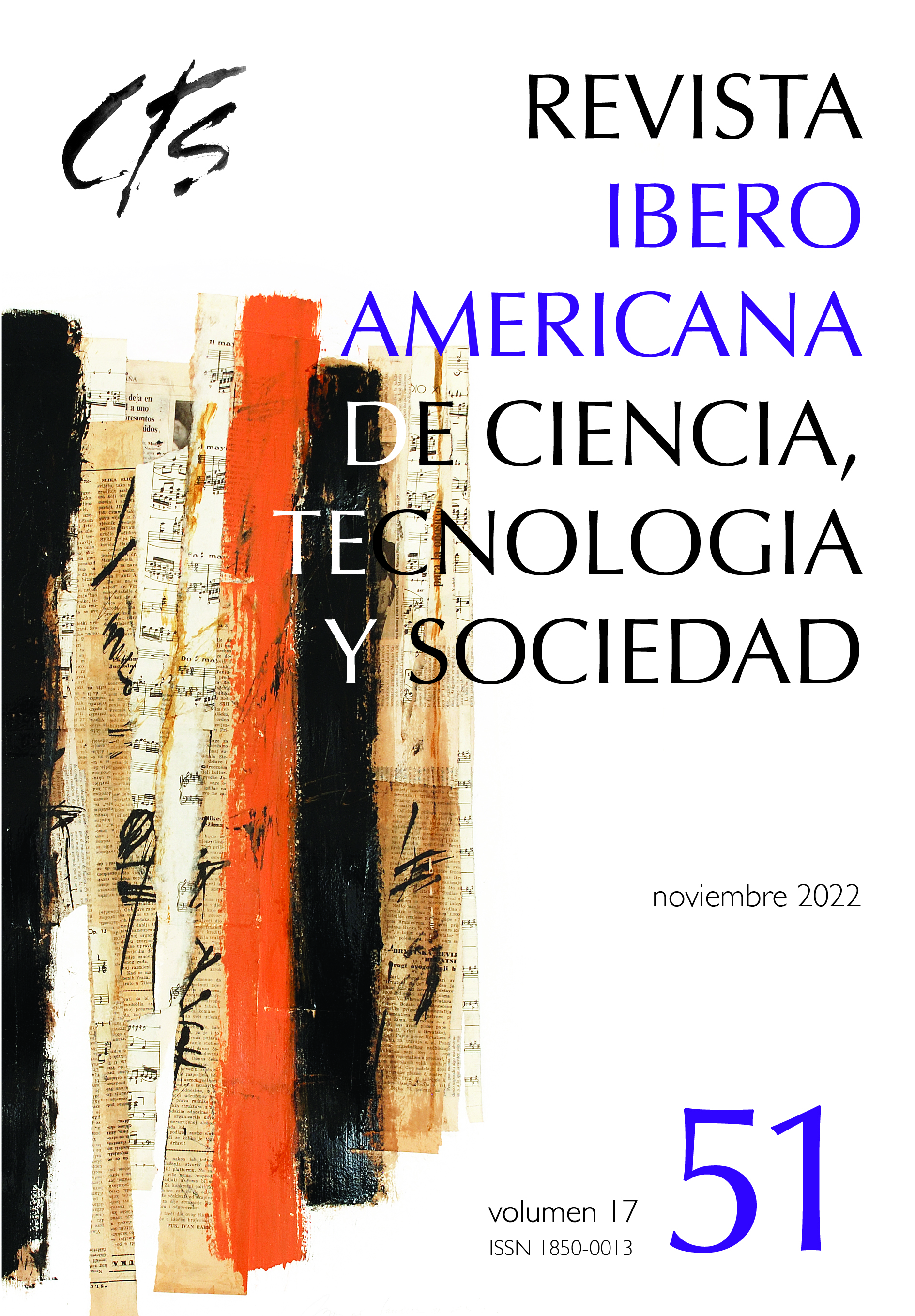STS Education and Academic Research of the Interdisciplinary Center for Studies and Research in Science, Technology and Society (NIEPCTS): State of Knowledge from 2011 to 2022
Keywords:
STS education, state of knowledge, research group, interdisciplinarityAbstract
STS education enables a critical view about several aspects related to science, its influence on society and the relationships between science, technology and society. In the context of Brazilian education, the academic production of research groups in STS education is considered extremely important as a way of contributing to its insertion in science education. This paper analyzes the possible contributions of the academic production of the Interdisciplinary Center for Studies and Research in Science, Technology and Society (NIEPCTS, due to its initials in Portuguese) from the perspective of STS education. It is a study on the state of knowledge that derives from a selection of academic productions (dissertations and theses) developed by members of NIEPCTS between 2011 and 2022. To analyze this data, content analysis techniques were used. The results show that the research developed by NIEPCTS has contributed to fostering reflections and practices related to STS education in aspects like curriculum, teaching and teacher training, contemplating its principles and objectives.
Downloads
Downloads
Published
How to Cite
Issue
Section
License
Copyright (c) 2022 CC Attribution 4.0

This work is licensed under a Creative Commons Attribution 4.0 International License.
All CTS's issues and academic articles are under a CC-BY license.
Since 2007, CTS has provided open and free access to all its contents, including the complete archive of its quarterly edition and the different products presented in its electronic platform. This decision is based on the belief that offering free access to published materials helps to build a greater and better exchange of knowledge.
In turn, for the quarterly edition, CTS allows institutional and thematic repositories, as well as personal web pages, to self-archive articles in their post-print or editorial version, immediately after the publication of the final version of each issue and under the condition that a link to the original source will be incorporated into the self-archive.











